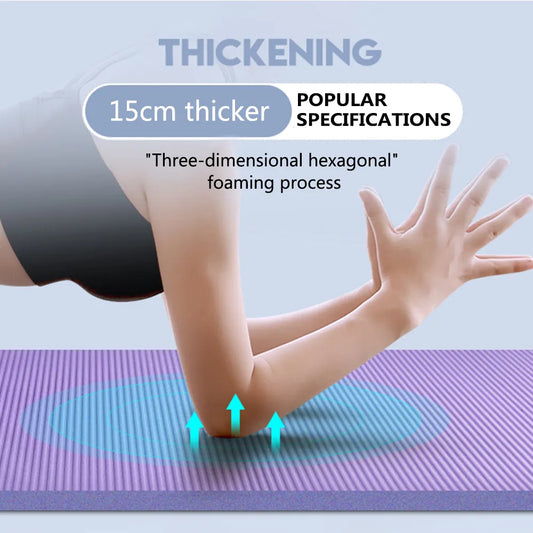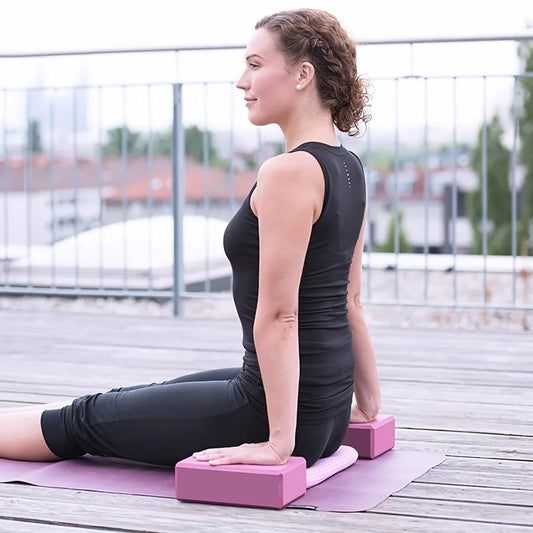Functional movement is important because it enables us to perform activities of daily living with ease, efficiency, and reduced risk of injury. Unlike isolated exercises that target specific muscle groups, functional movement patterns involve multiple joints, muscles, and systems working together to support natural human movements.
Here are some reasons why functional movement is important:
-
Improved Mobility and Flexibility: Functional movements engage muscles and joints through their full range of motion, promoting flexibility and joint mobility. This allows for greater ease of movement in daily activities such as walking, bending, reaching, and lifting.
-
Enhanced Stability and Balance: Functional movements require the integration of core stability and balance, which are essential for maintaining proper posture and body alignment. By strengthening stabilizing muscles and improving balance, functional movement training helps reduce the risk of falls and injuries.
-
Increased Strength and Power: Functional movement exercises incorporate functional resistance training, which targets multiple muscle groups simultaneously. This helps build functional strength and power that translates into real-life activities and sports performance.
-
Prevention of Injury: By addressing movement imbalances, asymmetries, and weaknesses, functional movement training helps correct faulty movement patterns and reduce the risk of overuse injuries and musculoskeletal imbalances.
-
Improved Neuromuscular Coordination: Functional movements require coordination and synchronization of muscles, nerves, and proprioceptors, which are sensory receptors that provide feedback about body position and movement. By enhancing neuromuscular coordination, functional movement training improves movement efficiency and motor control.
-
Enhanced Performance in Sports and Activities: Functional movement training enhances athletic performance by replicating movement patterns specific to sports and activities. By mimicking the demands of real-life movements, athletes can improve agility, speed, power, and overall athletic performance.
-
Functional Independence: As we age, maintaining functional independence becomes increasingly important. Functional movement training helps older adults maintain mobility, strength, and balance, allowing them to continue performing activities of daily living and maintaining quality of life.
-
Long-Term Health and Well-Being: Incorporating functional movement into our daily routines promotes long-term health and well-being by supporting overall physical fitness, reducing the risk of chronic diseases, and improving overall quality of life.
In summary, functional movement is essential for optimizing physical performance, preventing injuries, and maintaining functional independence throughout life. By focusing on movements that are natural and practical, functional movement training helps us move better, feel better, and live healthier lives.




















